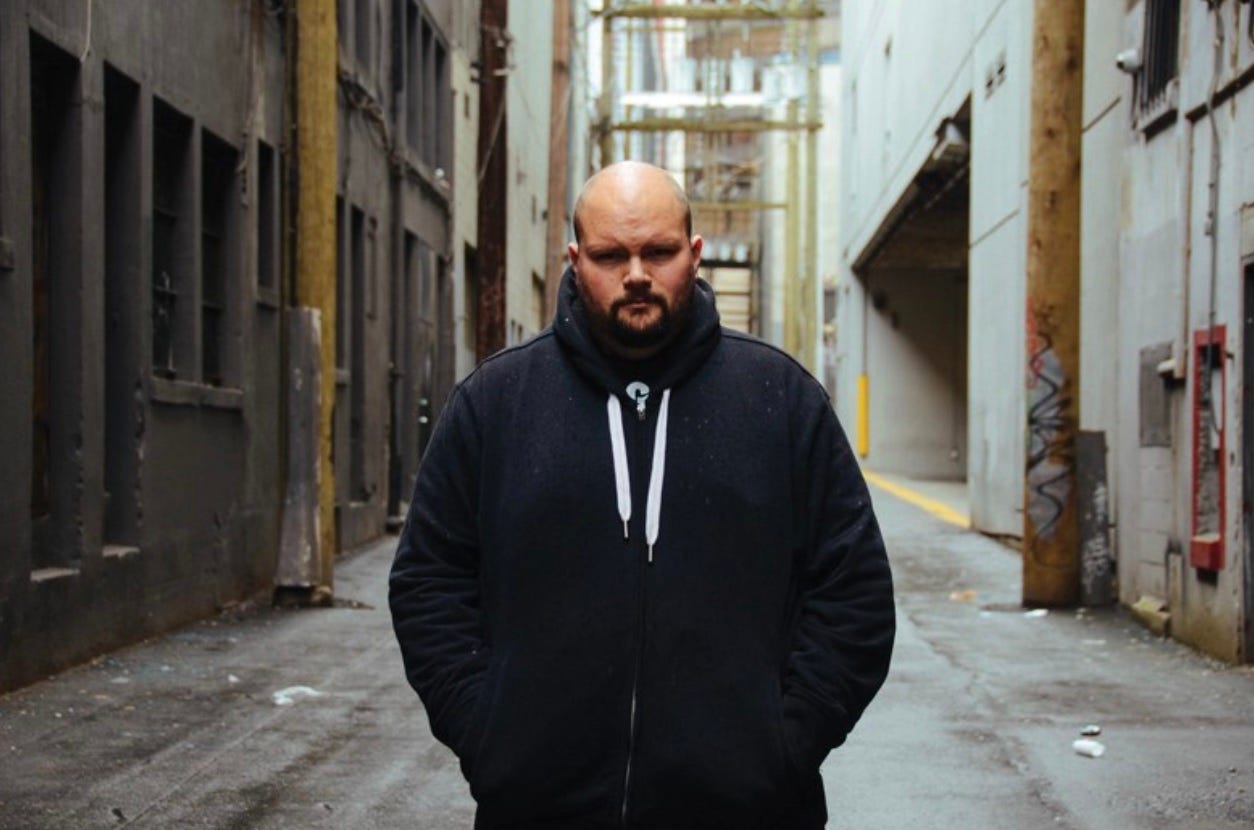'A constellation of voids:' how Sam Wiebe's fiction lays bare the reality of BC's organized crime
The acclaimed series of novels chronicling the adventures of private investigator Dave Wakeland is 'entertainment first and foremost,' says Wiebe, but carries a deeper message
When Vancouver private investigator Dave Wakeland required an urgent meeting with the president of BC’s notorious Exiles motorcycle gang to plead for the life of a client falsely accused of a double murder, he didn’t expect to find himself in a private dining room at the Shaughnessy Golf and Country Club.
The veteran P…
Keep reading with a 7-day free trial
Subscribe to LOTUSLAND to keep reading this post and get 7 days of free access to the full post archives.



